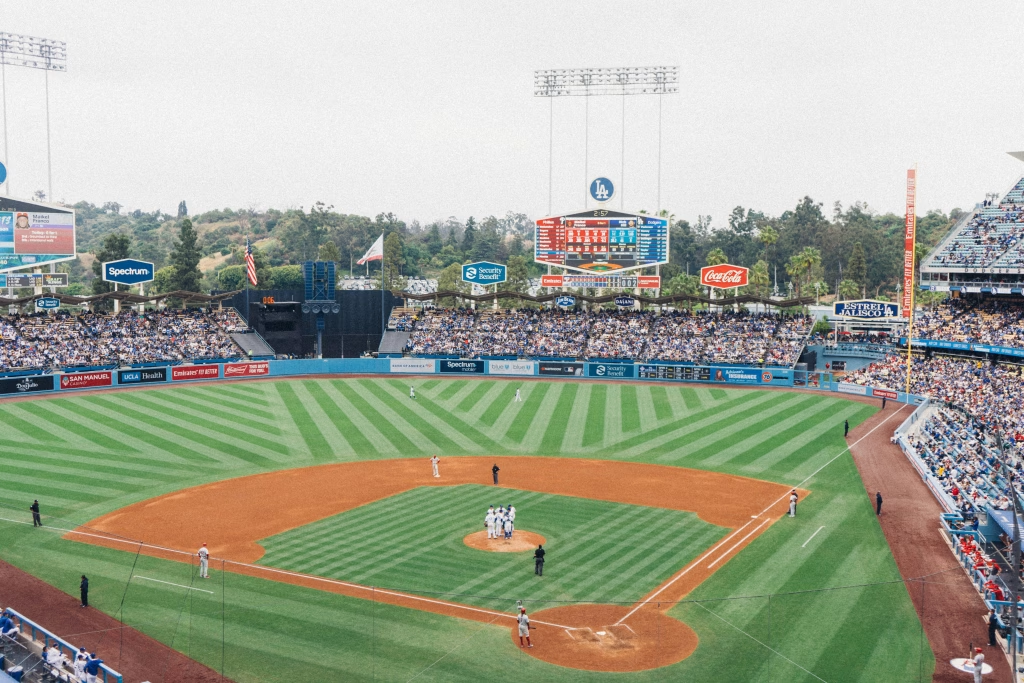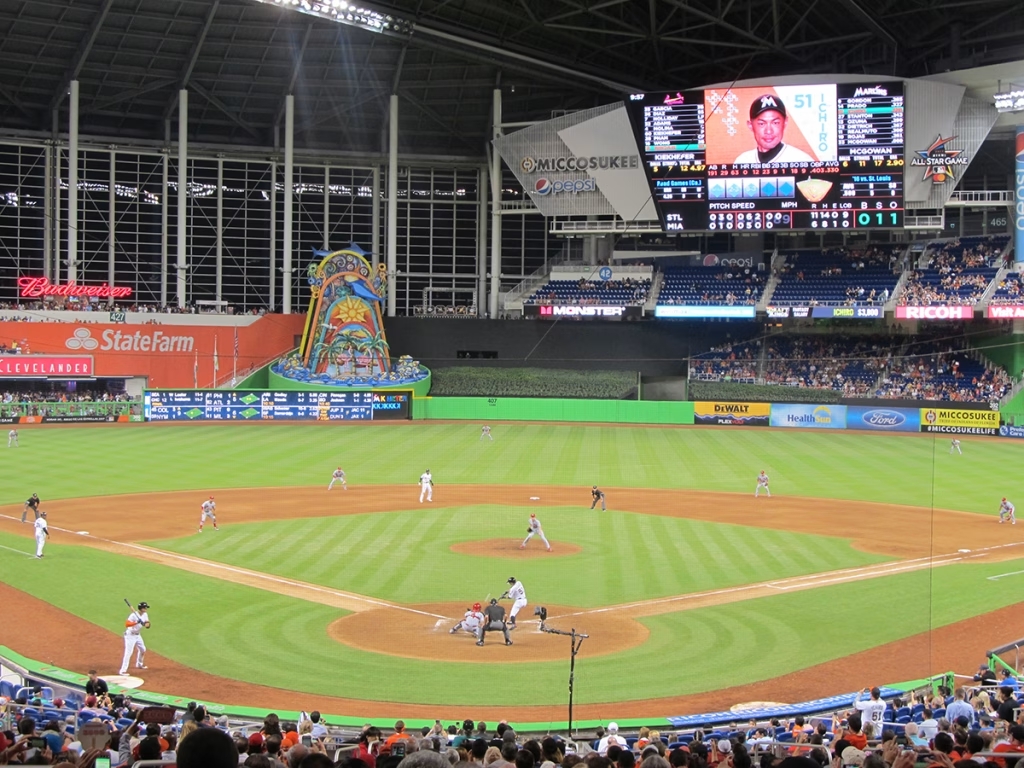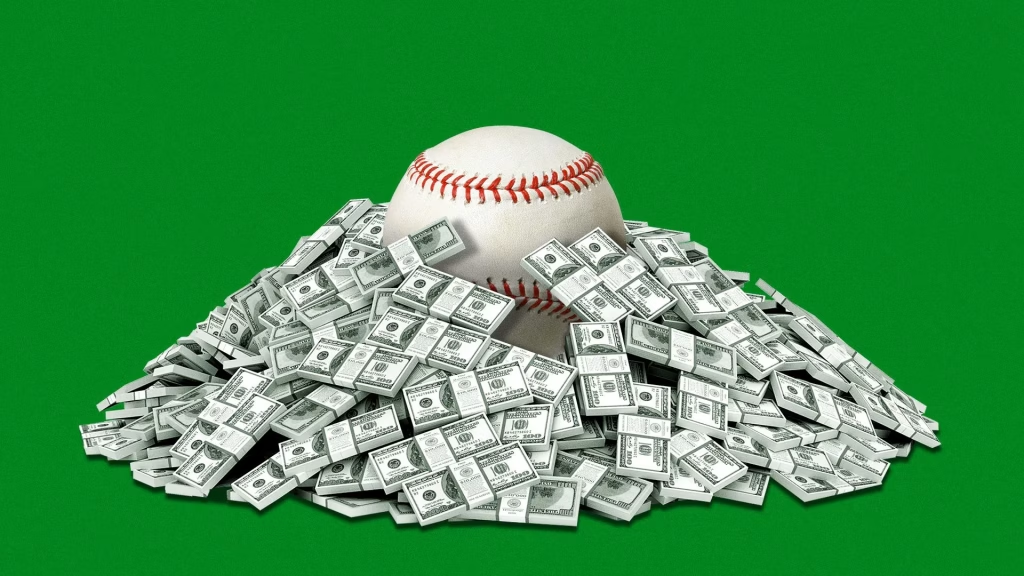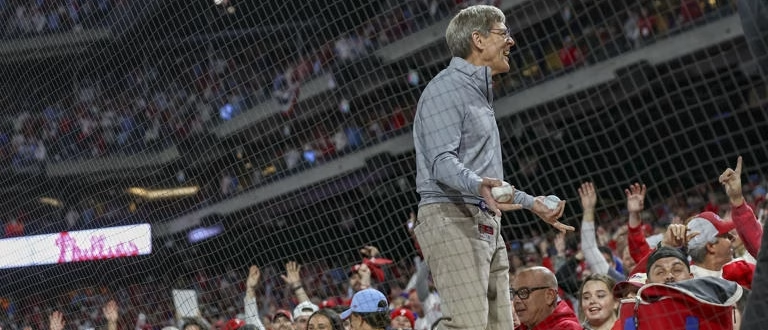As we lurch towards opening day we can take a look back at the action of the offseason. The Dodgers again have had another glutinous offseason. They resigned Teoscar Hernández and have signed Blake Snell, Roki Sasaki, and Tanner Scott. This is after they spent over a billion dollars last offseason to bring in Shohei Ohtani and Yoshinobu Yamamoto. The Dodgers have built an unwieldy super team that won the World Series this past fall. They also have spent Scrooge McDuck levels of money to do it. Their payroll entering 2025 is higher than the bottom five teams in the league combined. The Phillies, Mets, and Yankees are not all that far behind, each spending hundreds of millions, if not billions more than anyone else. Baseball does in fact have a spending problem, but it probably isn’t the one you think.
The Illusion of Small Market Struggles

Major League Baseball owners have long played this game of “haves” and “have nots” with “small market” teams claiming they have little to no chance against the big spenders. It has been treated as fact. It has been highlighted by teams like the Dodgers, Yankees, Mets, and Phillies immense spending sprees over the last few years. It has led many to suggest that a salary cap might be necessary to aid in competitiveness as the current tiered-taxing system in MLB is not enough of a punishment. On the surface, this sounds like a good idea. However, when you dig even just a little below the surface you see that MLB’s problem is not with the teams that spend a lot of money, but with the teams that act like they cannot.
According to Forbes, MLB generated a record $12.1 billion in revenue in 2024, which broke the previous record of $11.6 billion, set the previous year. The MLB, a nonprofit organization by the way, is getting record profits and with those profits, they do a thing called revenue sharing. Somewhere around 48% of all money earned is tossed in a pot and then evenly distributed to every team, regardless of how much of that revenue they are personally responsible for. This means every team gets, by a rough estimate, $110 million a year plus the other 52% of their own revenue generated.
Forbes also stated that the least valuable MLB franchise is the Miami Marlins who are still worth $1 billion with over half the league’s teams netting a valuation of $2 billion or higher. So why do the Marlins only have a payroll of $43,630,000 heading into 2025? It is a choice. The bottom 10 or so teams in MLB have zero interest in being competitive. Their greedy owners, who for the most part are independent billionaires, collect hundreds of millions in revenue and then cry poor when it comes to spending money to improve the teams.
Why a Salary Cap Won’t Solve the Problem

There is a direct correlation between spending money and generating wins and fan interest. Is it fair to say the Pittsburgh Pirates could never spend the same amount as the Dodgers? Yes, absolutely. However, they easily could more than double their $65 million payroll and still turn a tremendous profit. Putting a cap on teams’ spending solely because 33% of the league pretends they can’t spend money is insanity. Even a salary floor would not change much as teams would just spend enough to get to that floor and then stop. Similar to how the Oakland/Sacramento/Las Vegas A’s went out and signed Luis Serivino this offseason solely to avoid a grievance being filed by the MLBPA for their lack of spending and toxic behaviors.
They aren’t the only team close to this level as the Marlins are about to face the same type of grievance. These same billionaire owners beg for handouts for new stadiums with the threat of pulling storied franchises out of cities with adoring fans. The A’s just forced their way out of Oakland because they didn’t want to pay for a stadium. So they spent a decade destroying their fanbase, intentionally, sabotaging every season by not spending. In comparison, another small market California team is the San Diego Padres, who a few years ago decided to spend big money and have seen tremendous returns in profits and fan attendance. It is almost as if you were to invest in the team, fans would also invest in the team.
The Push for Player Contract Restrictions

These salary cap talks stink of owners trying to restrict player contracts and doing anything they can to pay less money. Baseball makes billions, the teams are worth billions, and they are owned by billionaires, yet somehow only 3-5 teams can “afford” to spend money. It would be an egregious misstep to hamstring the sport with a hard salary cap. There are issues and there are some levels of inequality. Certain teams will not be able to spend the way others due, but those issues are dramatically overplayed. The Dodgers who “bought a championship” went 36 years without a championship in a full 162-game season before this past fall despite their spending efforts. The Yankees have won one title in the last 24 years. The Phillies’ attempts at buying a title have resulted in one World Series appearance in the past 15 years. Baseball can be a complete wildcard that doesn’t favor the best team, but spending does help your chances.
Now if you want to have a conversation about deferred money then we can do that. Teams like the Dodgers have deferred hundreds of millions to players to circumnavigate the luxury tax. Getting rid of deferred money as an option might be a good starting point for leveling the playing field. That being said you’d think that would be something small market teams would be doing, but it tends to be teams willing to spend. Even then, discouraging spending is not a good thing. The MLB CBA expires after the 2026 season and with the way things are going it is set to be one of the nastiest labor disputes in MLB history. Salary caps will be a very big part of the conversation and while you may think it is a good solution, the best, yet somewhat unattainable solution, is holding these billions of dollars entities accountable for pretending to be poor.
What do you think of Salary caps in the MLB? Let us know in the comments below or on Facebook, Instagram, Twitter, Threads, BlueSky, or TikTok. Email us at [email protected] and we’ll share the story on the show. Join our Discord for further discussion with the GENY community!

